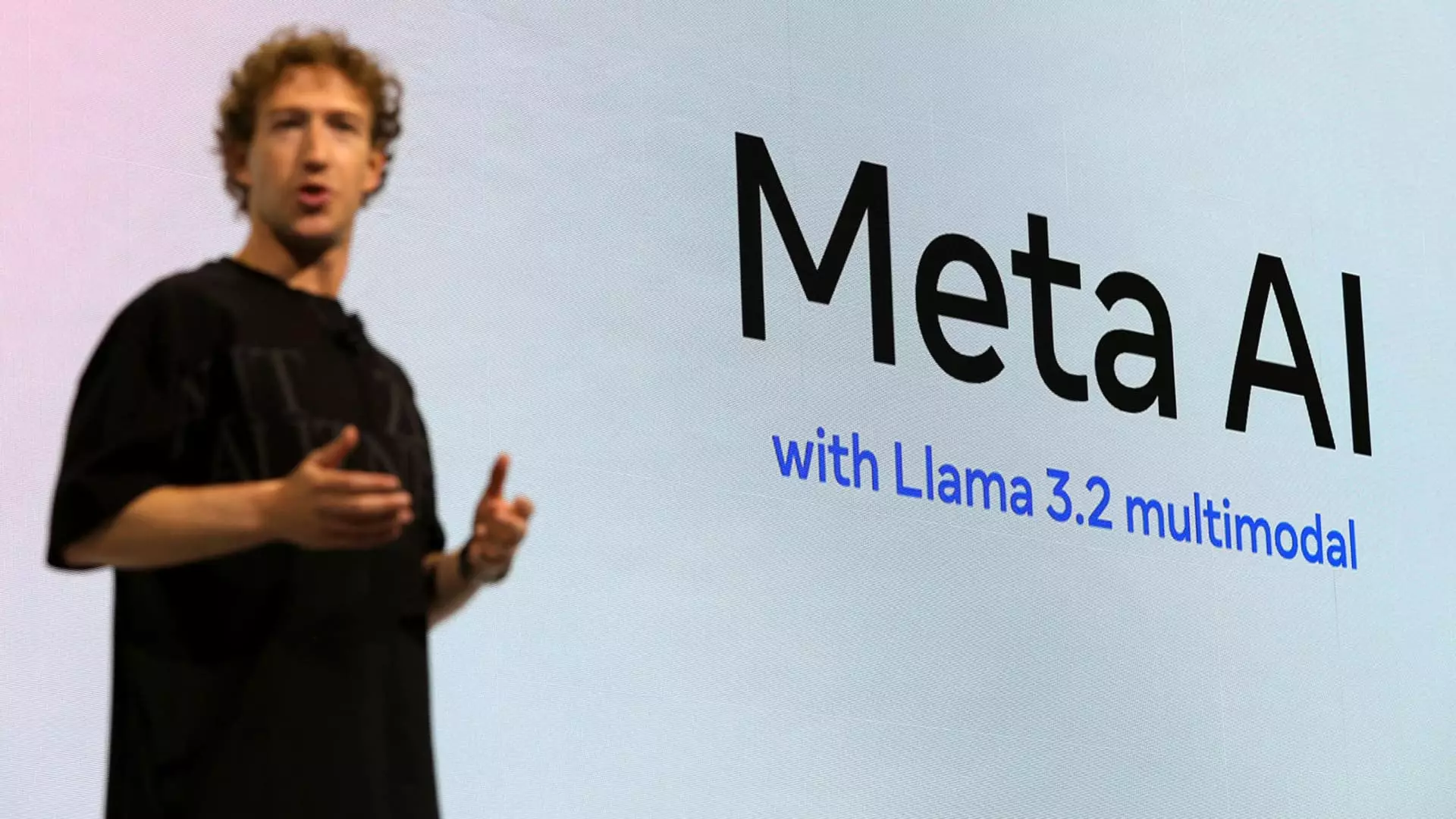In a recent legal decision that reverberates across the tech and literary landscapes, Meta emerged victorious against a group of thirteen prominent authors, including the likes of Sarah Silverman and Ta-Nehisi Coates, in a pivotal copyright case concerning its Llama AI model. U.S. District Judge Vince Chhabria sided with Meta’s assertion that employing copyrighted texts for training large language models (LLMs) falls under the fair use doctrine. However, the court’s endorsement of this practice cannot be viewed as an unqualified victory for Meta or the tech industry at large. The verdict is not just an isolated legal opinion; it sets a precarious precedent for how copyright law interacts with the burgeoning field of artificial intelligence.
Though the ruling leaned in favor of Meta, it did so while making it abundantly clear that the judgment was limited to the specifics of this case. Chhabria’s careful wording highlighted a critical tension: while the claim that unlicensed copying harms the market lacked persuasive evidence, it opens the floodgates for subsequent legal battles concerning the copyright implications of AI training methodologies.
Navigating the Fair Use Doctrine
The judge’s acceptance of Meta’s arguments raises serious questions about the interpretation of the fair use doctrine itself. One of the kingpins of the defense was the notion of transformative use—Meta claimed that their use of copyrighted texts significantly reshapes the material, contributing to the advancement of technological innovation. Yet, this defense is disturbingly reductive. It assumes that the wide-ranging transformative potential of AI justifies the extraction of value from creative works without compensating the original creators. By this reasoning, one could argue that many corporations have an implicit right to profit from their utilization of someone else’s labor as long as they can label it “transformative.”
Chhabria’s assertion that Meta’s practices do not necessarily “threaten significant market harm” to authors infers a dangerous precedent where financial impact becomes the shield against ethical considerations. What about the intrinsic value of creative work? Are we merely allowing technology giants to become gatekeepers of artistic expression under the convenient umbrella of innovation? The ruling suggests that as long as tech companies can present inadequate statistical evidence to support their claims of “non-harm,” creative professionals may face a disheartening future.
The Authors’ Fight against Encroaching Technology
This case accentuates the broader struggles authors encounter in the modern digital age, where aggregators and tech enterprises often wield their influence unchecked. Chhabria’s decision observed the failings of the authors’ arguments but underestimated the real implications of these technologies. The court may have waved off their claims as flawed, but it overlooks the more insidious erosion of authors’ rights in the face of relentless technological advancement.
Moreover, it is critical to note that the ruling does not serve as a blanket protection for Meta’s data training practices across the board. Chhabria purposefully left the door ajar for other authors to pursue similar claims, and this ambiguity suggests that while one case may have been rebuffed, others could yield different outcomes. The lurking notion that a technological juggernaut could reshape the creative landscape with impunity is alarming and merits robust discourse.
The Future of Copyright in an AI-Driven World
As we march forward into the uncertain future of AI and creativity, we must remain deeply skeptical of the narratives surrounding fair use. These are not mere legal provisions but foundational pillars that protect the rights and livelihoods of creators. If companies like Meta can exploit these legal gray areas, it could significantly impair the financial and moral fabric that supports the arts.
Chhabria’s ruling does raise important points about the need for innovation and progress, but creating technological marvels should not come at the expense of writers, artists, and thinkers who form the backbone of our cultural heritage. A delicate balance must be struck, one that recognizes the potential of generative AI while safeguarding the rights of those whose works might breathe life into AI models.
As this legal saga unfolds, it becomes increasingly imperative to re-evaluate our approach to copyright in relation to emerging technologies. The battle is not just for the authors involved; it is for the integrity of creative industries in a world irrevocably altered by technology.


Leave a Reply